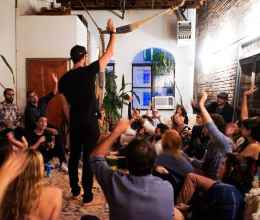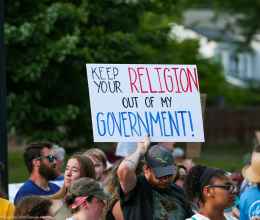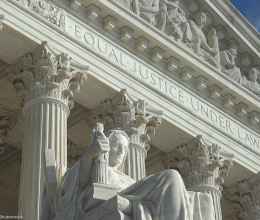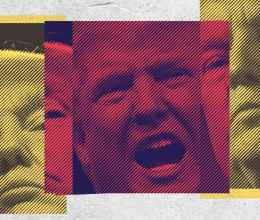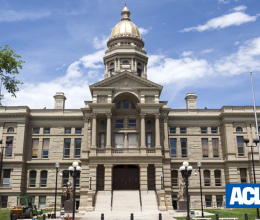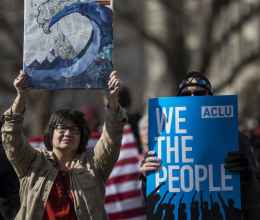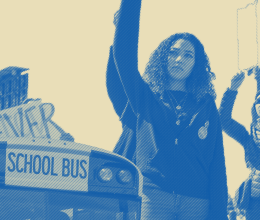
The anti-protest bill is back – and just as bad as ever
Despite some superficial changes, House Bill 10 is almost exactly like last year’s Senate File 74 – which was a nearly exact replica of two bills originally introduced and passed in Oklahoma in 2017 and adopted by ALEC, the American Legislative Exchange Council, as legislation to be farmed out to more states through their member legislators. ALEC is a front organization for corporate legislative interests and has representation in all 50 states.
The impetus for Oklahoma’s passage and for the adoption by ALEC as model policy is the growing opposition to fossil fuel infrastructure across the country. Protests like those seen at Standing Rock, the “Valve Turners” across the upper Midwest, and protests against the shipping of uranium or crude oil are being used by ALEC and bill proponents to generate fear that the country’s “critical infrastructure” is under attack.
We know, however, based on ALEC’s funding sources and the growing number of anti-protest legislation around the country that this bill is not really about protecting infrastructure, but about preventing opposition to the kind of corporate projects ALEC protects while chilling protest and dissent.
Additionally, there are constitutional issues with the bill. House Bill 10 punishes association, in violation of the freedom of assembly under the U.S. Constitution.
The bill would fine organizations associated in a variety of ways with those individuals found to be in violation of the new prohibitions 10 times over. The provision does not make clear how such associations are related in any way to a crime committed. For that reason, we worry that provision is aimed at punishing associational activities. Rendering an organization criminally liable for all damage would impermissibly burden the rights of political association that are protected by the First Amendment – the literal embodiment of guilt by association. For example, if a person is participating in a lawful and peaceful protest organized by a group but breaks away from the group on their own accord and decides to tamper with critical infrastructure, then liability for the individual’s actions should rest solely with them and criminal liability should not attach to the group or organization which was not responsible for the actual conduct.
In Long Beach Lesbian & Gay Pride, Inc. v. City of Long Beach, 14 Cal. App. 4th 312, 337 (1993), the court held that city could not recoup costs for cleaning up graffiti from the plaintiff – an organization – that had not created the graffiti.
In N. A. A. C. P. v. Claiborne Hardware Co., 458 U.S. 886, 931 (1982), the court held that, “the First Amendment restricts the ability of the State to impose liability on an individual solely because of his association with another. … For liability to be imposed by reason of association alone, it is necessary to establish that the group itself possessed unlawful goals and that the individual held a specific intent to further those illegal aims.” Pp. 458 U. S. 918-920.
Bills like House Bill 10 are making their way into legislatures around the country. And while some of the most egregious issues with last year’s legislation have been removed, the substance of the bill remains and the issues with it persist. The Legislature should again vote down this anti-free speech measure and focus on the greater issues facing our state.
